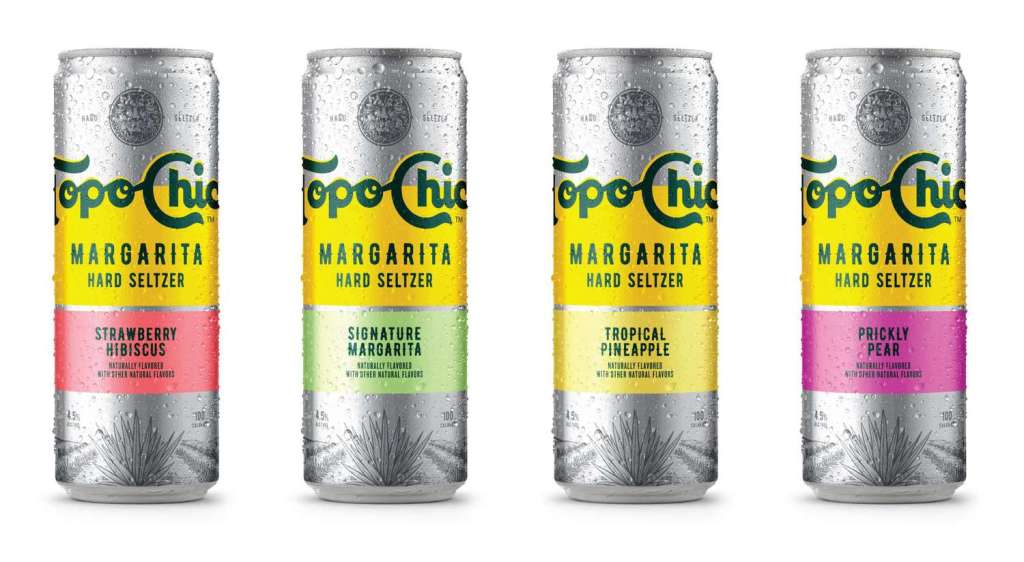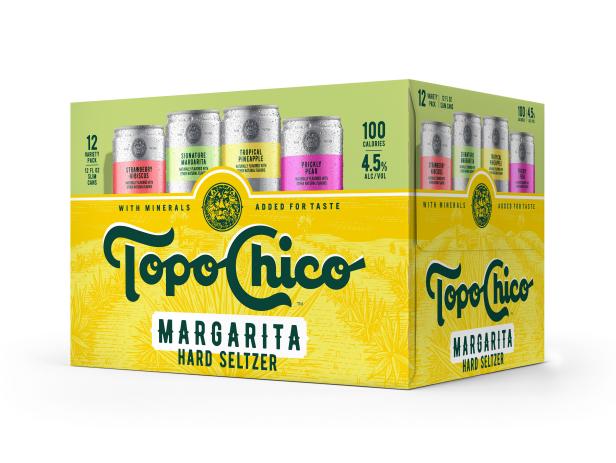Florida tequila lover sues Coca-Cola because ‘false and misleading’ margarita seltzers don’t contain the liquor
She’s suing away in Margaritaville.
A Florida tequila lover is taking Coca-Cola to court because its Topo Chico Margarita Hard Seltzers do not contain the agave liquor.
Tamera Fletcher bought one of the company’s seltzers at a store in Miami-Dade County expecting a margarita in a can, but was disappointed to learn it was just a tequila-less beer product designed to taste like the cocktail, according to the lawsuit filed in federal court on Monday.
She now claims Coca-Cola duped the “60% of Americans who say a margarita is their choice of drink” by including agave plants in the design of the can and by calling their seltzer drink a “margarita,” court documents obtained by The Post show.
Fletcher even went as far as far as to cite definitions of the word “margarita” from Merriam Webster and Wikipedia in her efforts to prove that the drinks are supposed to include tequila.
“[Fletcher] is like all consumers and the public who associate a margarita with tequila and expect this distilled spirit to be part of any alcoholic beverage described as a margarita,” the lawsuit says.
“[She] prefers alcoholic beverages based on distilled spirits over those based on fermentation and/or brewing due to reasons including superior quality and taste.”
When she saw the cans designed with pictures of agave plants, Fletcher assumed they would contain tequila, according to the suit filed in the US District Court for Southern District of Florida.
“The labeling of ‘Margarita Hard Seltzer’ across a field of agave plants suggests and tells consumers they are buying a canned version of a margarita, defined by its presence of tequila,” it says.
“Instead, consumers get an alcoholic beverage without tequila, replaced with an alcohol base.”
She also argued that the ingredients list on the back of the Topo Chico cans — which note that they contain agave syrup and not tequila — was “insufficient to truthfully inform consumers of what they were buying.”
“The only place buyers are told the ‘Margarita Hard Seltzer’ is another name for ‘beer’ is beneath Nutrition Facts,” the suit reads.
“Few, if any, would turn the packaging around and know to look for this.”
Other hard seltzer brands that do not use tequila, however, are branded as “margarita style” drinks, while those that do contain the Mexican liquor make a point to note there are “real” ingredients on its packaging, the lawsuit says.
These “false and misleading representations and omissions” allow Coca-Cola to sell the seltzers at a higher price than other similar products “and higher than it would be sold for, absent the misleading representations and omissions,” it argues.
In doing so, Fletcher says Coca-Cola violated Florida’s Deceptive and Unfair Trade Practices Act and falsely advertised its product.
She is asking for a jury to award monetary damages and interest to customers in Florida who bought the drink.
But her suit comes less than one year after a federal judge in New York tossed a similar complaint against the company, which made much of the same arguments.
Judge Cathy Siebel ruled that a reasonable consumer viewing the product’s label would understand they were just purchasing a hard-seltzer designed to taste like a margarita and not an actual margarita.
She also found it implausible that the plaintiff in that case thought she was buying a product containing tequila, when the Topo Chico cans were surrounded by soft drinks, beer and hard ciders, hard lemonades and hard seltzers — but no hard liquor or cocktails, which cannot be legally sold in grocery stores in New York State.
“Had she lived in New York for any length of time, she would know that cocktails containing hard liquor are not and cannot be sold in grocery stores,” Siebel wrote in her decision.
“But even assuming that she moved to New York right before buying the product,she plainly was familiar with a margarita cocktail, and surely knew that nobody sells a margarita for $1.50.”
The Post has reached out to attorneys for Fletcher and to Coca-Cola for comment.













